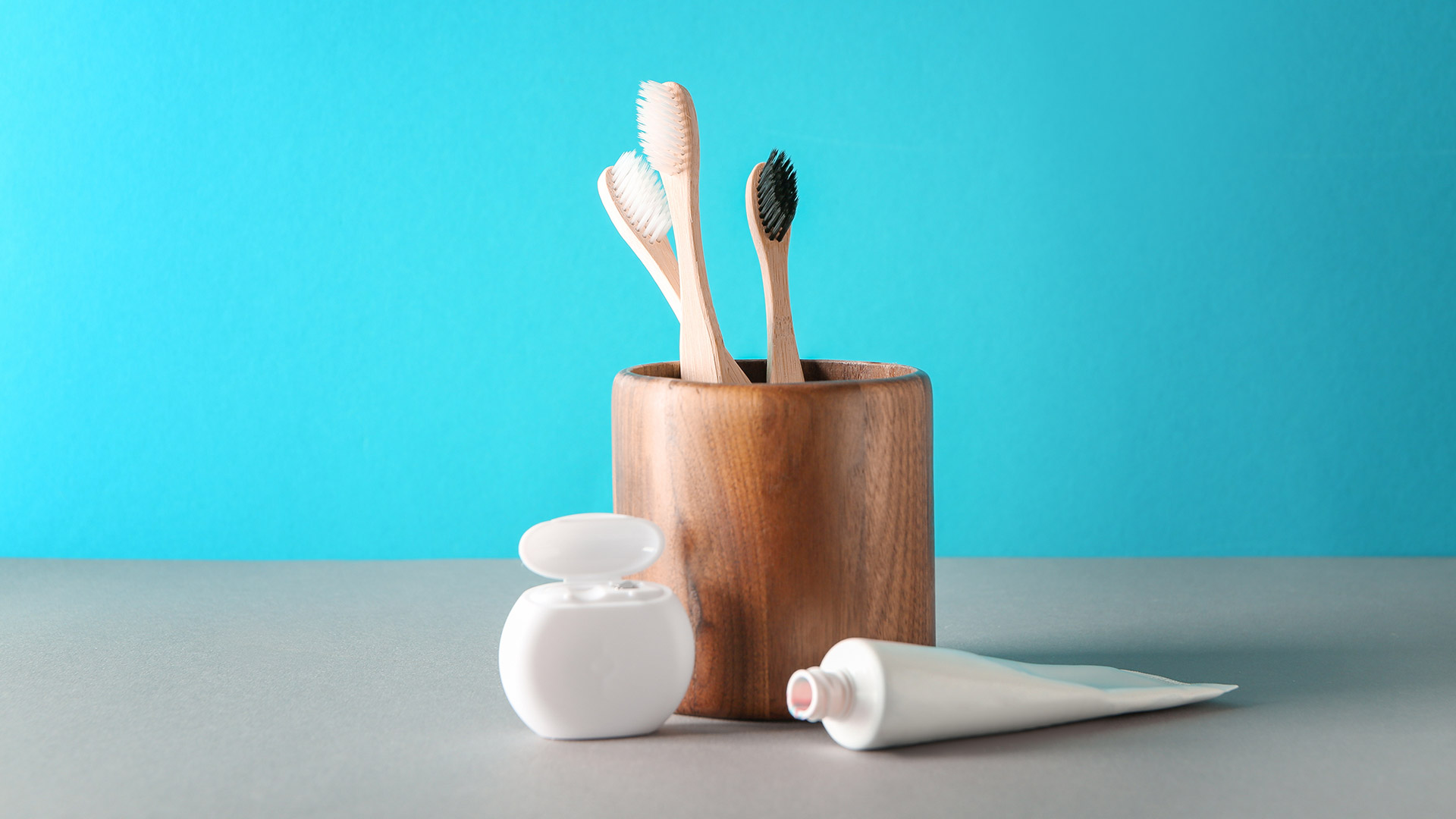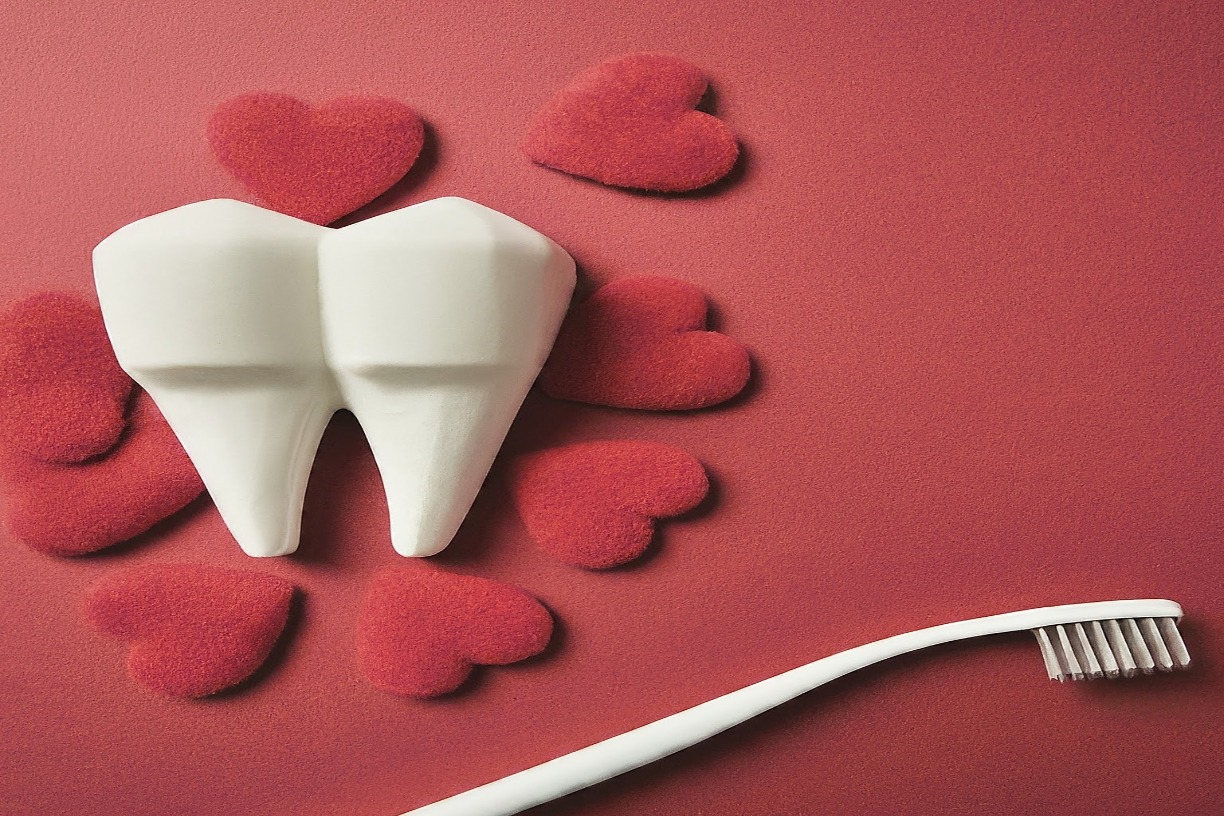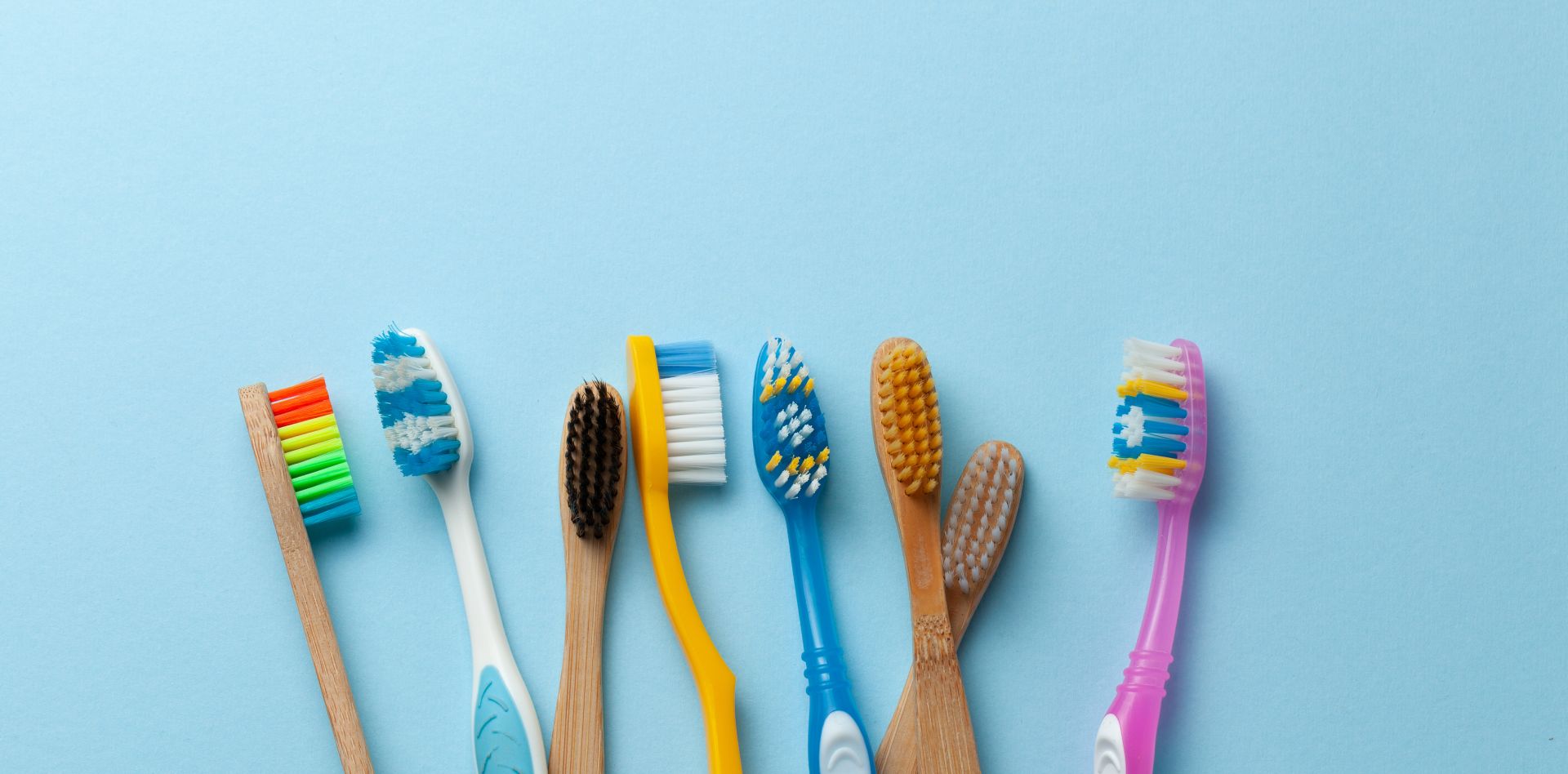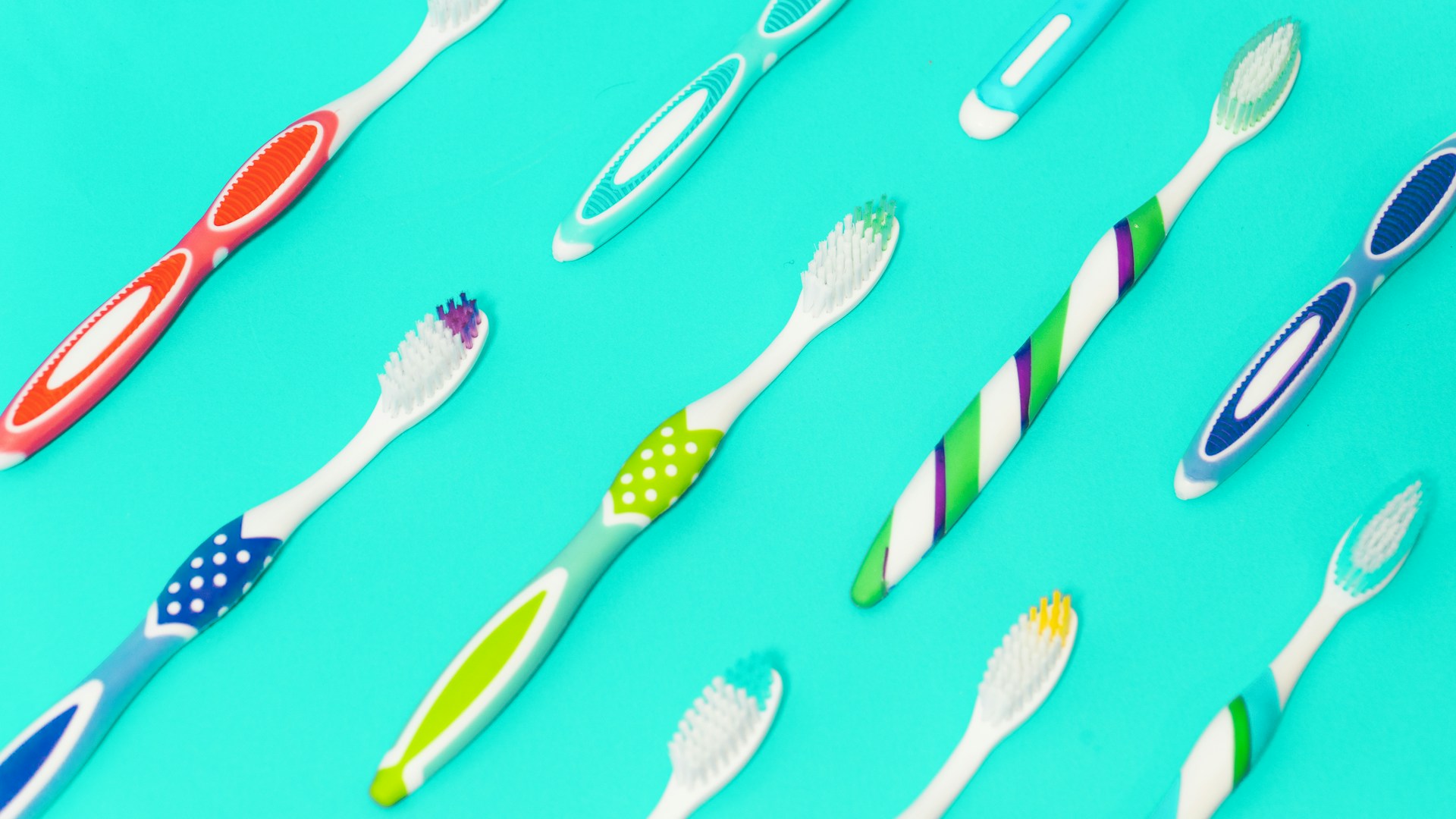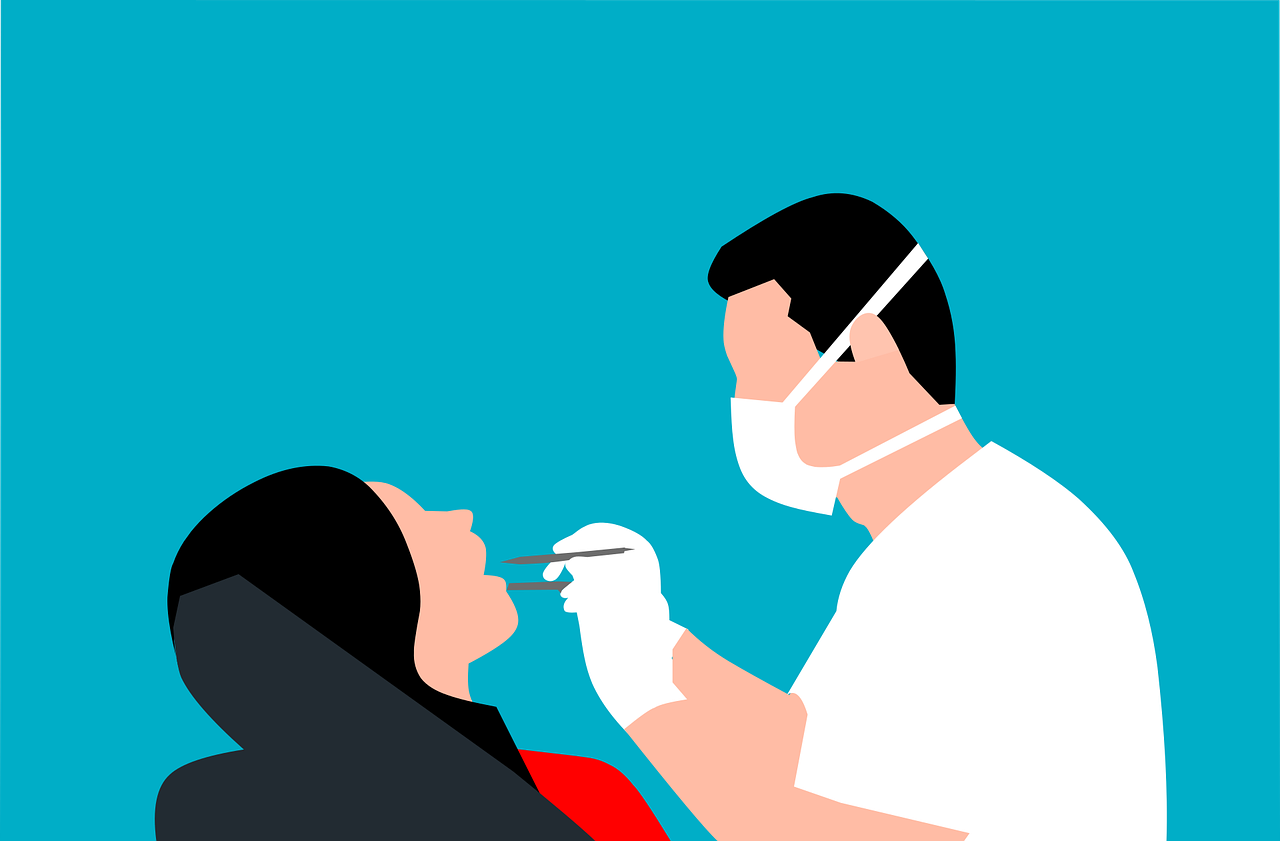Oral Hygiene
October Is National Dental Hygiene Month – Tips and Tricks for Treating Yourself to a Cleaner Mouth
In 2009, the American Dental Hygienists’ Association (ADHA) helped launch National Dental Hygiene Month, which has been recognized annually in October since its inception. ADHA took these steps because it saw a need for people to focus more on preventative oral health. Routine teeth cleanings aren’t just cosmetic. Sure, everyone enjoys a healthy smile, but dental hygiene is a critical step in overall oral health. The preventative processes that take place during regular checkups and cleanings help patients dramatically reduce the potential for long-term, complicated dental problems that can negatively affect their overall physical wellbeing. It’s an inventive and innovative practice with a history of breakthroughs and stellar outcomes.
The History of Dental Hygienists
In 1906, a Connecticut dentist named Alfred Fones trained his cousin to assist in cleaning his patients’ teeth and performing preventative treatments. He coined the term “dental hygienist,” and Irene Newman, his cousin and assistant, became the world’s first person to hold that title.
Newman’s training consisted in large part in learning to clean teeth under Fones’ guidance. For teaching aids, Fones took the many extracted teeth from his practice, mounted them in a modeling compound and painted plaster of Paris around the neck of each tooth to represent calculus and stains. Newman started performing oral prophylaxis for the public in 1907. Seeing the success of the program and the position, Fones established the first school of dental hygiene in 1913.
Newman later received the world’s first license as a dental hygienist in Connecticut in 1917, and she became the first president of the Connecticut Dental Hygienists Association. Fones forged ahead in his efforts and eventually formed the American Dental Hygiene Association (ADHA). Shortly after the organization’s creation, all 50 U.S. states had licensed dental hygienists.
The ADHA continued to pioneer not only oral health standards in America but contributed to its social progress, as well. During the Civil Rights era of the 1950s and 1960s, the ADHA played a part. The ADHA lifted previous restrictions for admissions based on race, color, and creed. The association also struck the word “female” from the ADHA constitution, allowing males to graduate in dental hygiene. Jack Orio became the first male student to do so.
The Importance of Oral Health
Most of us know the basic steps of keeping our mouths healthy: brushing at least twice a day, flossing, regular dental checkups, and cleanings. What people may not understand is how oral hygiene contributes to better overall health.
Compared to other parts of the body, people are more likely to ignore problems that manifest in the mouth. Bleeding gums, pain, and infections are common problems that negatively impact physical health and quality of life. They affect how a person speaks, eats, and socializes. There are also more serious risks.
As we wrote previously, an estimated 54,000 cases of oral cancer were diagnosed last year. Detection often occurs during dental checkups. About 43% of those individuals were not expected to survive beyond the five-year mark. Unlike other cancers, this disease is less frequently discussed in the media. And with only 35% of adults attending routine dental screenings, the risks are high.
Ways to Honor Oral Health Month
Good Daily Oral Hygiene Habits
Maintaining oral hygiene is not difficult, but it does require a little diligence. Here are some best practices to incorporate into your daily routine.
- Use fluoride toothpaste
- Brush your teeth twice a day for at least 2 minutes, covering all four quadrants for 30 seconds
- Don’t forget to brush your tongue
- Alcohol-free mouthwashes can reduce plaque formation, curb infection, and eliminate bad breath
- Eating healthy foods goes far in helping the body fight or prevent infection
- Avoid acidic beverages like orange juice and carbonated beverages, which can erode the enamel on your teeth
- Sugary foods, as we all know, cause cavities
- Check your mouth for any warning signs of oral cancer, such as red or white discolorations, bleeding, sores, or bumps
Perfect the Proper Brushing Technique
The way in which people brush their teeth matters. Proper brushing techniques go a long way in enhancing the effectiveness of daily cleanings.
- Angle the toothbrush properly: tilt the brush at a 45-degree for the best results.
- Motion matters: with a firm yet gentle pressure, brush back and forth or use a circular motion 15 to 20 times before moving to the next area.
- Hit every surface: cover the inner, outer, and chewing surfaces of every tooth.
- Don’t ignore the tongue: bacteria love to gather on your tongue, so make sure to brush it or clean it using a tongue scraper.
Most importantly, be sure to schedule regular cleanings and checkups with your dentist. Even if you maintain exemplary oral health habits, dental checkups help uncover other issues you may not be aware of.
Over 116 years ago, the first dental hygienist began practicing critical work that continues to advance in effectiveness. So schedule a visit and be a part of the rich dental hygiene history we celebrate every October. Whether you’re a new patient or a returning one, now is the perfect time to make an appointment for a check up.
Let's brighten
that smile
The when and where are up to you.
